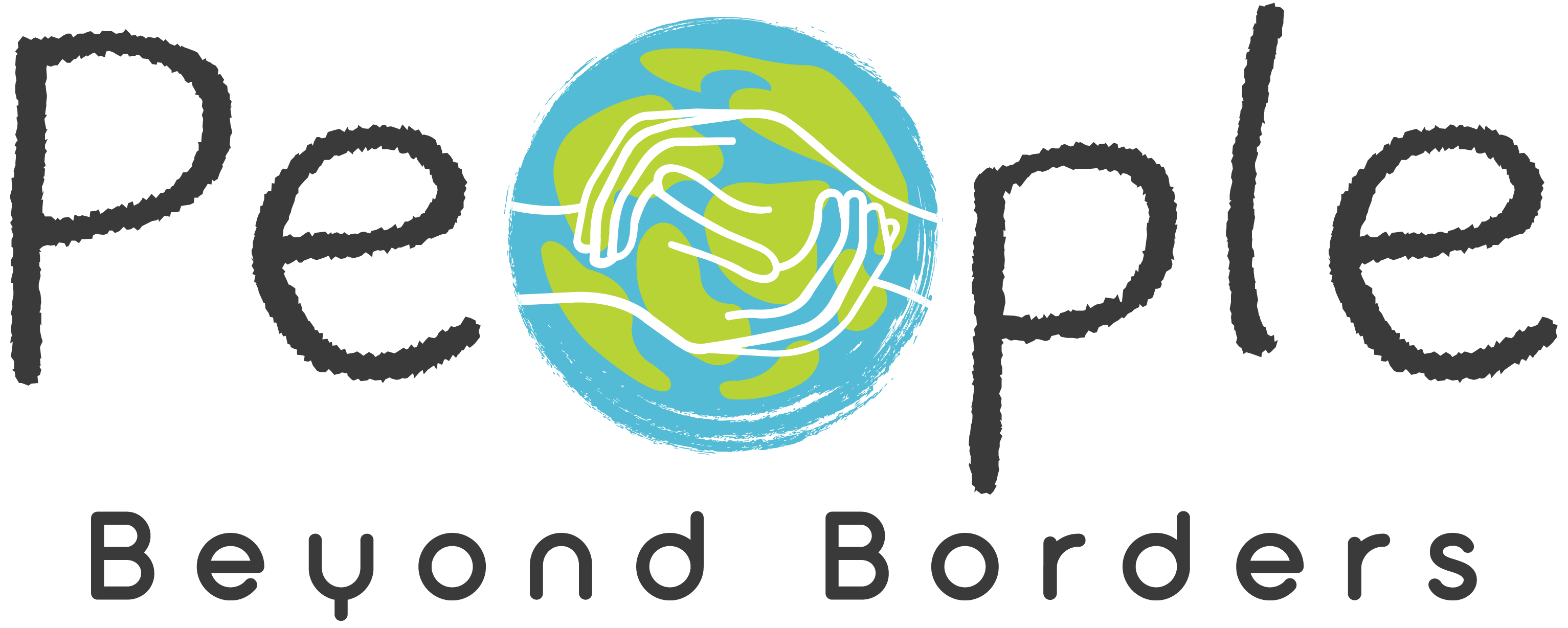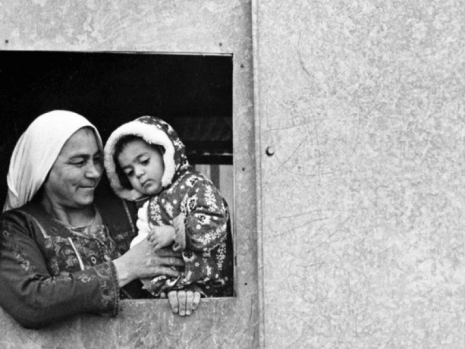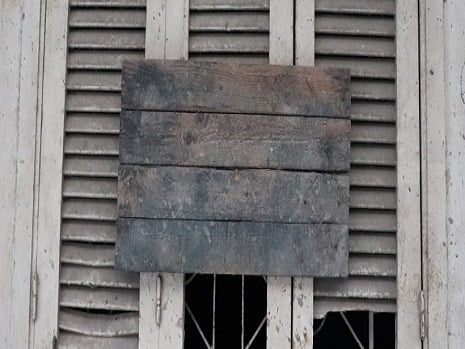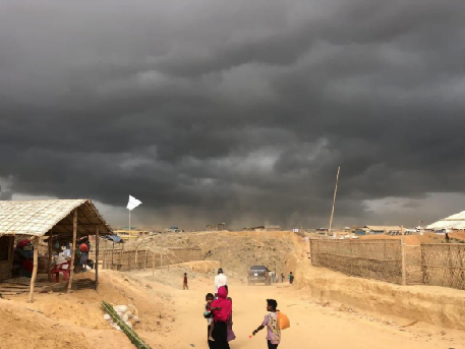The Complexity and Contradictions of Humanitarian Neutrality: Observing the Challenges of UNRWA and Palestinian Refugees in Lebanon
This dissertation aims to understand the neutrality policy of humanitarian actors, focusing on the policy’s applications on the beneficiaries and the employees of these actors. Humanitarian neutrality—understood as the obligation to refrain from engagement in controversies of a political, racial, religious or ideological nature—is explored in this research through studying how the policy’s application on employees and beneficiaries forms a restriction of free expression. This condition of imposed neutrality on individuals creates contradictions with development, impartiality, independence, and with neutrality itself. The research takes United Nations Relief and Works Agency for Palestinian Refugees in the Near East (UNRWA) and its neutrality policy application on Palestinian refugees in Lebanon as a case study. More specifically, the research focuses on UNRWA schools in Beirut, Lebanon as they represent a portion of humanitarian space that includes both beneficiaries (students) and employees (teachers) under strict neutrality policy measures.
Basing on Amartya Sen’s concept of “Development as Freedom”, this research finds that UNRWA’s strict application of neutrality on the teachers and students of its schools in Palestinian refugee camps in Lebanon acts as a restriction of the population’s political and social freedoms, therefore obscures accountability, disables communication and induces internal conflicts all which in turn block the development process of the Palestinian refugee community.
The research suggests exploring the “No Neutrality” policy which doesn’t mean abolishing the neutrality policy but rather restricts it to the work functions and allows individuals to express freely, practice political participation and active dialogue in order to create well-informed policies and empower multi-level governance in the target community.
UNRWA has overcome the neutrality policy when it experienced the policy-induced contradictions. As a result, UNRWA experienced the No Neutrality when it allowed the Palestinian refugee population to express identity and participate actively through the “Dignity is Priceless” campaign which called for supporting the dignity of Palestinian refugees. This research collected information through organizational publications and relied heavily on fieldwork including observational visits and semi-structured interviews with various stakeholders within the humanitarian space of Palestinian refugee camps in Lebanon.



